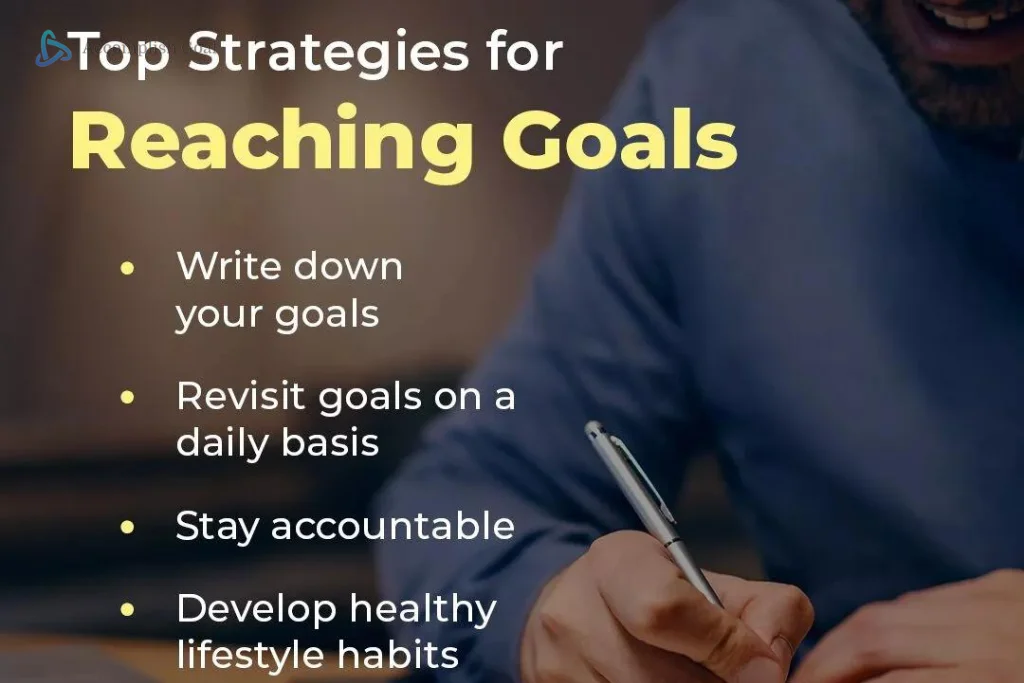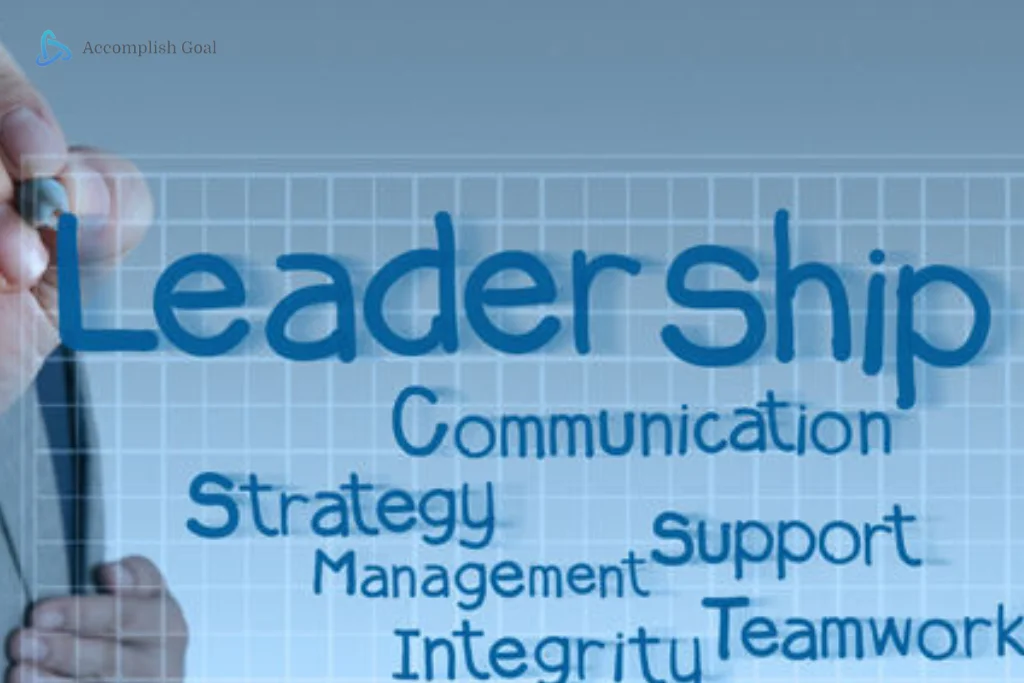Do you struggle to maintain strong relationships with your friends, family, and colleagues? Do you wish you could improve your communication skills and create healthier relationships? If so, this blog post is for you! We’ve gathered some expert tips and techniques that can help you achieve your personal goals when it comes to improving your relationships.
Set Clear Boundaries
Having healthy relationships means being able to set boundaries and sticking to them. This can be difficult for some, but it is essential for maintaining a strong and healthy relationship. In order to set clear boundaries, it’s important to be honest and open with your partner about what is and isn’t acceptable. This will help both of you understand each other’s needs and expectations and create a mutual understanding. It’s also important to communicate openly and clearly. Be sure to communicate any changes or boundaries you may have, and be willing to listen and compromise with your partner. Setting clear boundaries is a key aspect of having a healthy relationship, so make sure you take the time to do it right.
Focus on Communication
Communication is essential to successful relationships. By learning how to effectively communicate with your partners, you can strengthen your bond and create a more harmonious relationship. When communicating, be sure to listen more than you talk. This will show your partner that you are genuinely interested in what they have to say. Additionally, it’s important to be honest and open with your partner. This will help foster trust and build a stronger connection. Additionally, it’s important to practice active listening. This includes repeating back what your partner has said to ensure that you understand their perspective. Finally, be sure to respect each other’s needs and desires. This will help create a sense of mutual understanding and respect.
Practice Self-Care
Self-care is essential when it comes to achieving your personal goals. Taking the time to nurture yourself and your relationships can help you stay focused and motivated while also helping you prevent burnout. Self-care is any activity that you do to promote your physical, emotional, and mental wellbeing. It can include things like meditating, exercising, getting enough sleep, and eating healthy foods. It also includes taking the time to spend quality time with the people in your life and to engage in activities that make you feel happy and fulfilled. Practicing self-care is an important part of maintaining healthy relationships and can help you stay on track with achieving your goals.
Learn to Compromise
Compromise is an integral part of any successful relationship. It is important to learn how to compromise in order to maintain a healthy and balanced relationship with your partner. Compromise involves understanding the needs and desires of both partners, and working together to reach a mutually beneficial outcome. When negotiating, try to be understanding of your partner’s point of view and be willing to listen to their opinions. It is also important to be willing to make adjustments to your own expectations and desires in order to accommodate your partner’s needs. Ultimately, when you learn to compromise, you can create an environment of mutual respect and trust that will lead to a strong and lasting relationship.
Reduce Stress and Anxiety
Reducing stress and anxiety can be difficult and it can require a lot of effort, but it is necessary to maintain healthy relationships and achieve your personal goals. One way to reduce stress is to practice mindfulness. This means taking time to focus on the present moment and become aware of your thoughts and feelings. Mindfulness can help you to recognize when you are feeling overwhelmed and take steps to manage your stress levels. Additionally, physical activity such as yoga or going for a walk can help to reduce stress and anxiety. Engaging in positive activities can help to shift your focus away from negative thoughts and emotions and allow you to take a break from the pressures of life. Taking time to connect with nature can also help to reduce stress and promote relaxation.
Choose Your Battles Wisely
Having strong relationships is a key to a happy and fulfilling life, but sometimes it can feel like an uphill battle. It’s important to remember that some battles are worth fighting for, while others are better left alone. Choosing your battles wisely is a great way to avoid unnecessary conflict and help you reach your personal goals.
When it comes to relationships, it’s important to remember that not every disagreement needs to be fought. Take the time to think through the issue at hand and decide if it’s worth taking a stand. Consider the potential outcome, and ask yourself if it’s really worth the effort?
It’s also important to be realistic about what you can and cannot control in your relationships. Don’t focus on changing or controlling the other person, but instead focus on how you can improve the situation. Learning to compromise, practice self-care and set clear boundaries are all important tips for choosing your battles wisely.
By taking the time to think through the issue at hand and deciding if it’s worth taking a stand, you can avoid unnecessary conflict and help you reach your personal goals.
Be Honest and Open with Your Partner
The key to improving relationships is to be honest and open with your partner. Building a strong and trusting relationship requires being honest about your feelings and thoughts, even if it’s uncomfortable or difficult. This means that you should be open to discussing your goals, dreams, and aspirations with your partner. You should also be willing to listen to their perspective and be willing to compromise. By creating a safe and comfortable space to have honest conversations, you can begin to build trust and understanding which is the foundation for a strong relationship.
Learn to Forgive and Let Go of the Past
Forgiveness is an important part of having healthy relationships with others. Holding on to anger and resentment can damage relationships and prevent us from achieving our personal goals. Learning to forgive and let go of the past is essential for moving forward in positive and healthy ways.
When we forgive someone, we are not condoning their behavior or excusing it. Rather, we are letting go of the negative emotions we have towards them, freeing ourselves from the pain and resentment of the past. This allows us to move forward in our lives with a sense of peace and understanding.
It can be hard to forgive, especially if the person has hurt us deeply. But letting go of the past is essential for creating healthy relationships with others. Once we forgive, we can begin to find closure and move forward. We can start to see our relationships in a new light and create healthier boundaries for ourselves.
Practicing mindfulness and self-compassion can help us to forgive and let go of the past. Taking time to reflect on our emotions and being kind to ourselves can help us to recognize our needs and desires, and to create healthier relationships with others.
Learning to forgive and let go of the past is an important step towards achieving our personal goals. By setting clear boundaries, focusing on communication, practicing self-care, reducing stress and anxiety, being honest and open with our partners, and recognizing our needs and desires, we can create healthier relationships and move forward in life with a sense of peace and understanding.
Practice Gratitude and Appreciation
Having healthy relationships with the people who matter most to you can be an incredibly rewarding experience. One of the best ways to ensure that your connections remain strong and meaningful is to practice gratitude and appreciation. Gratitude is an essential part of any successful relationship, as it helps to foster feelings of appreciation and connection between two people. When you express gratitude towards someone, it shows them that you value them and appreciate their presence in your life.



